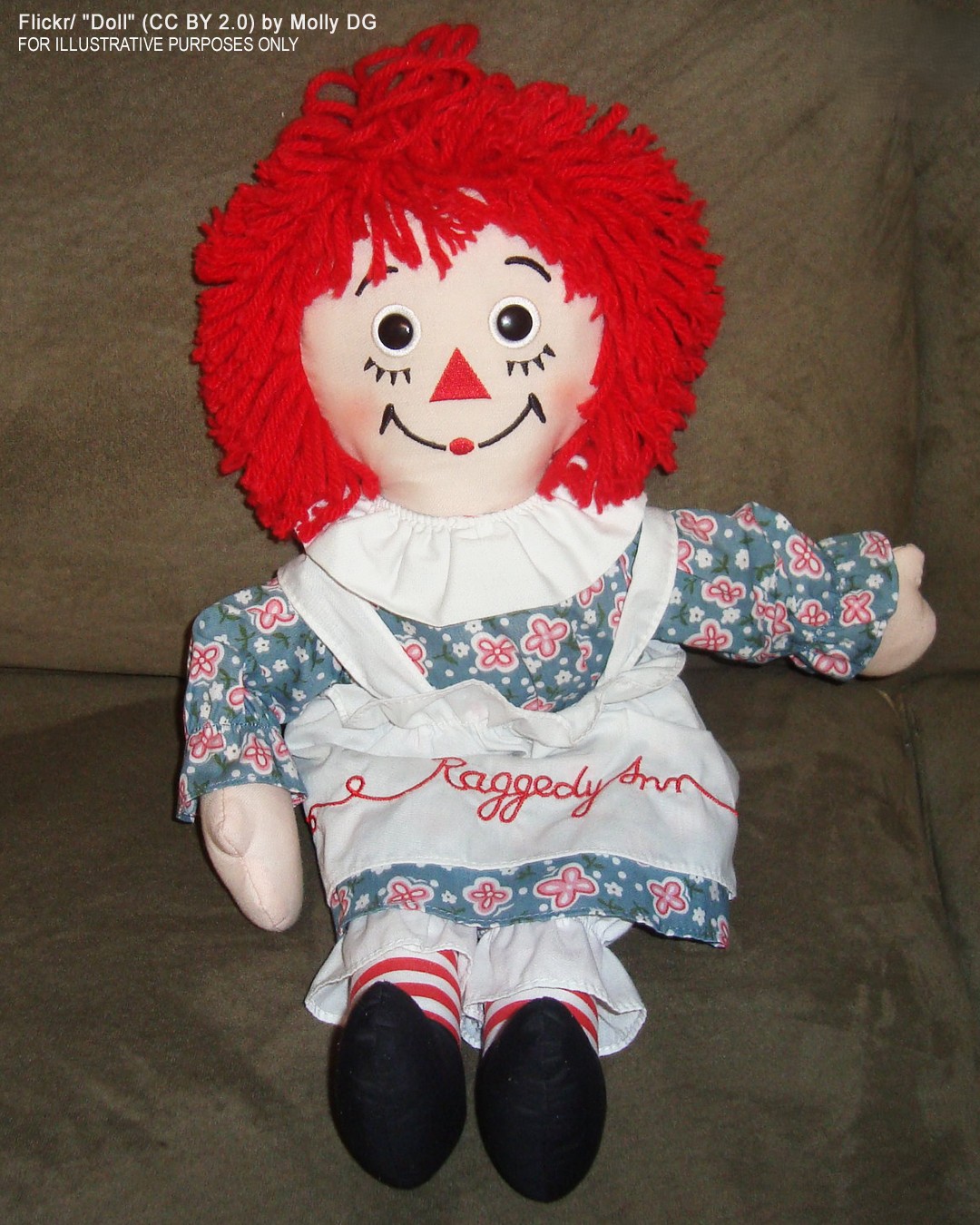“For Mommy, With Love”
Pauline had always believed in finding beauty in small things. As a single mother juggling two part-time jobs and bills that never seemed to rest, extravagance was never an option—but love, that she had in endless supply. So on Eve’s seventh birthday, she set out to a weekend flea market with twenty wrinkled dollars in her pocket and a quiet prayer in her heart.
Among cracked teacups and faded postcards, Pauline found her way to a forgotten corner stall. There, nestled between chipped porcelain figurines, sat an old doll. It had a soft cotton body, yarn hair the color of rusted copper, and eyes that seemed to shimmer with stories. It was perfect—not just because it was affordable, but because it somehow felt right.
When Eve unwrapped the doll later that evening, she lit up with delight. But just as she pulled it close for a hug, a faint crackling sound came from inside. Curious, Pauline gently examined the stitching and discovered a small tear along the seam. She tugged softly—and out slipped a faded note, no bigger than her palm.

“Happy Birthday, Mommy,” it read, in the careful script of a child.
Pauline froze. Her smile faltered. The note didn’t belong to them.
The next morning, with the doll cradled in her arms, Pauline returned to the market. The stall was still there. Behind the table stood an elderly woman with silver hair pulled into a neat bun—her eyes tired but kind. Her name was Miriam.
When Pauline explained the note, Miriam’s hands trembled as she reached for the doll. Her breath caught. And then, slowly, she shared a story that stitched pain and love in every word.
The doll had once belonged to her daughter, Lily—a bright, artistic child who loved to write little notes and hide them in toys like buried treasure. Just days before Miriam’s birthday, Lily lost her battle with leukemia. That message had been meant for a birthday Miriam never got to celebrate.
Unable to bear the silence of her home or the weight of her grief, Miriam had begun selling Lily’s belongings, one by one. Not to forget her—but to honor her wish: “Remember me with a smile, not sadness, Mom.”
There was a silence then—thick, soft, full of all the things words can’t hold.
Pauline, tears running down her cheeks, hugged Miriam like they had known each other in another life. It was a moment suspended in time—two mothers, two worlds, drawn together by sorrow and serendipity.
As they parted, Miriam pressed an envelope into Pauline’s hand. “I saved this for someone who would understand,” she said. Inside was $3,000—money earned from parting with pieces of Lily’s childhood.
Pauline hesitated, overwhelmed. But Miriam smiled gently. “It’s not just money. It’s a seed. Plant it well.”
From that day forward, the lives of these two women intertwined like threads in a tapestry. Miriam became a grandmother figure to Eve—baking cookies, telling stories, sewing tiny clothes for the beloved doll. And Pauline, in turn, brought light back into Miriam’s home with laughter, dinners, and quiet visits.
What began as a simple birthday gift became a legacy of healing—a reminder that sometimes, the universe whispers through forgotten dolls and handwritten notes. And when we listen, we find each other.
In a world so often divided, a child’s love note became a bridge between two broken hearts. And in the warmth of that bridge, new memories were made, and old wounds found rest.

